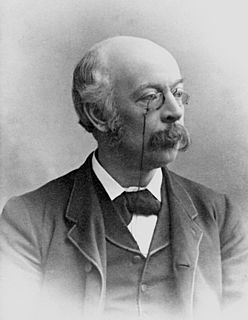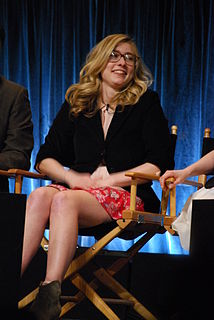A Quote by Nora Roberts
I never had a plan, except to write. I love what I do, and have from the beginning. Loving what you do makes it a lot easier to work, every day, to face the tough spots and heel in for the long haul. Nothing against plans; they work for some people. But for me, if I'd been planning, worrying about numbers, trying to micro-manage my career, I wouldn't have focused on the writing. If you don't write, you're not read. If you're not read, you don't sell. So that's my Master Plan, I guess. Write the books, let the agent agent, the editor edit, the publisher publish.
Quote Topics
About
Against
Agent
Been
Beginning
Books
Career
Day
Easier
Edit
Editor
Every
Every Day
Except
Face
Focused
Guess
Had
Haul
Heel
Long
Long Haul
Lot
Love
Loving
Loving What You Do
Makes
Manage
Master
Master Plan
Me
Micro
Never
Nothing
Numbers
People
Plan
Planning
Plans
Publish
Publisher
Read
Sell
Some
Some People
Spots
Tough
Trying
Work
Worrying
Write
Writing
Related Quotes
I write because I have an innate need to. I write because I can't do normal work. I write because I want to read books like the ones I write. I write because I am angry at everyone. I write because I love sitting in a room all day writing. I write because I can partake of real life only by changing it.
There was one person who greatly and directly benefited my career--my agent Virginia Kidd. From 1968 to the late nineties she represented all my work, in every field except poetry. I could send her an utterly indescribable story, and she'd sell it to Playboy or the Harvard Law Review or Weird Tales or The New Yorker--she knew where to take it. She never told me what to write or not write, she never told me, That won't sell, and she never meddled with my prose.
My father was a writer, so I grew up writing and reading and I was really encouraged by him. I had some sort of gift and when it came time to try to find a publisher I had a little bit of an "in" because I had his agent I could turn to, to at least read my initial offerings when I was about 20. But the only problem was that they were just awful, they were just terrible stories and my agent, who ended up being my agent, was very, very sweet about it, but it took about four years until I actually had something worth trying to sell.
I would give them (aspiring writers) the oldest advice in the craft: Read and write. Read a lot. Read new authors and established ones, read people whose work is in the same vein as yours and those whose genre is totally different. You've heard of chain-smokers. Writers, especially beginners, need to be chain-readers. And lastly, write every day. Write about things that get under your skin and keep you up at night.
I always write authors after I read their books. I've been doing it for years. I write a formal letter and send it to them in care of their agent. My mother always taught us to write thank you notes, and if an author puts themselves out there, they like to hear that their book connected with someone.
The secret to writing is just to write. Write every day. Never stop writing. Write on every surface you see; write on people on the street. When the cops come to arrest you, write on the cops. Write on the police car. Write on the judge. I'm in jail forever now, and the prison cell walls are completely covered with my writing, and I keep writing on the writing I wrote. That's my method.
I have learned that my assignment is to write books for people who do not like to read books. I really try to connect with people who are not given to spending a lot of time with an open book. Pay day to me is when somebody comes up to me and says, "I never read books but I read yours." I have a heart for that person.
The most important thing for a writer to do is to write. It really doesn't matter what you write as long as you are able to write fluidly, very quickly, very effortlessly. It needs to become not second nature but really first nature to you. And read; you need to read and you need to read excellent books and then some bad books. Not as many bad books, but some bad books, so that you can see what both look like and why both are what they are.
Well, first you have to love writing. A lot of authors love having written. But I enjoy the actual writing. Beside that, I think the main reason I can be so prolific is the huge amount of planning I do before I start to write. I do a very complete, chapter-by-chapter outline of every book I write. When I sit down to write, I already know everything that's going to happen in the book. This means I've done all the important thinking, and I can relax and enjoy the writing. I could never write so many books if I didn't outline them first.


































